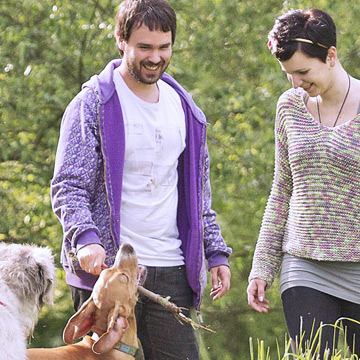Yes. Here’s what you need to know about pertussis, outbreaks and getting vaccinated.
Many babies who get pertussis are infected by siblings, parents or caregivers, says the U.S. Centers for Disease Control and Prevention. That’s why the whooping cough vaccine is so important.
“Whooping cough is not ancient history,” says William Schaffner, M.D., a professor of Preventive Medicine in the Department of Health Policy at Vanderbilt University School of Medicine. “It is staging a comeback all across the country.”
Why are there outbreaks of this respiratory illness?
The vaccine being used to protect children is a good vaccine, says Schaffner, but it wears off after five or more years. “This has led to outbreaks of whooping cough in high school students and young adults,” he says. “Older adults can be affected also.” This is why so many people should consider getting a whooping cough vaccine.
How serious is whooping cough?
Schaffner calls whooping cough a “nasty illness” because it can interrupt working, eating and sleeping. “Sometimes the coughing fits are so extensive that people faint,” he says. “They have broken bones from the fall.”
Infants get the most serious pertussis infections and are most at risk if they don’t have a pertussis vaccination. About half of babies younger than a year old who get pertussis need hospitalization, according to the CDC. “Infant deaths are part of every whooping cough outbreak,” Schaffner adds.
Who should be vaccinated?
- Pregnant women should receive the adult tetanus, diphtheria and pertussis (Tdap) vaccine during the third trimester of each pregnancy. “Some of the protection generated in the mother will flow across the placenta into the unborn baby and give the newborn infant protection during the first months of life before the baby can be vaccinated,” Schaffner explains.
- Anyone who has contact with a newborn or infant should be up to date. “Yes, that includes all the grandparents, uncles and aunts — as well as the friendly neighbor,” Schaffner says. “No Tdap, no contact with the cute, new baby!”
- Siblings should be up to date with the age-appropriate vaccine at least two weeks before coming in close contact with a new baby brother or sister. See these CDC guidelines for more information.
- All adults should be vaccinated with Tdap, recommends the CDC. “This combined vaccine protects against tetanus and diphtheria as well as pertussis,” Schaffner says.
- Newborns should be vaccinated with diphtheria, tetanus and pertussis (DTaP) doses according to their pediatrician recommendations.

Vanderbilt Health operates a variety of walk-in clinics in Middle Tennessee, including some with Williamson Medical Center, to take care of everything from sprains and sport injuries to flu shots, fevers, coughs and rashes. Click here to search locations and learn more about the conditions treated there.

